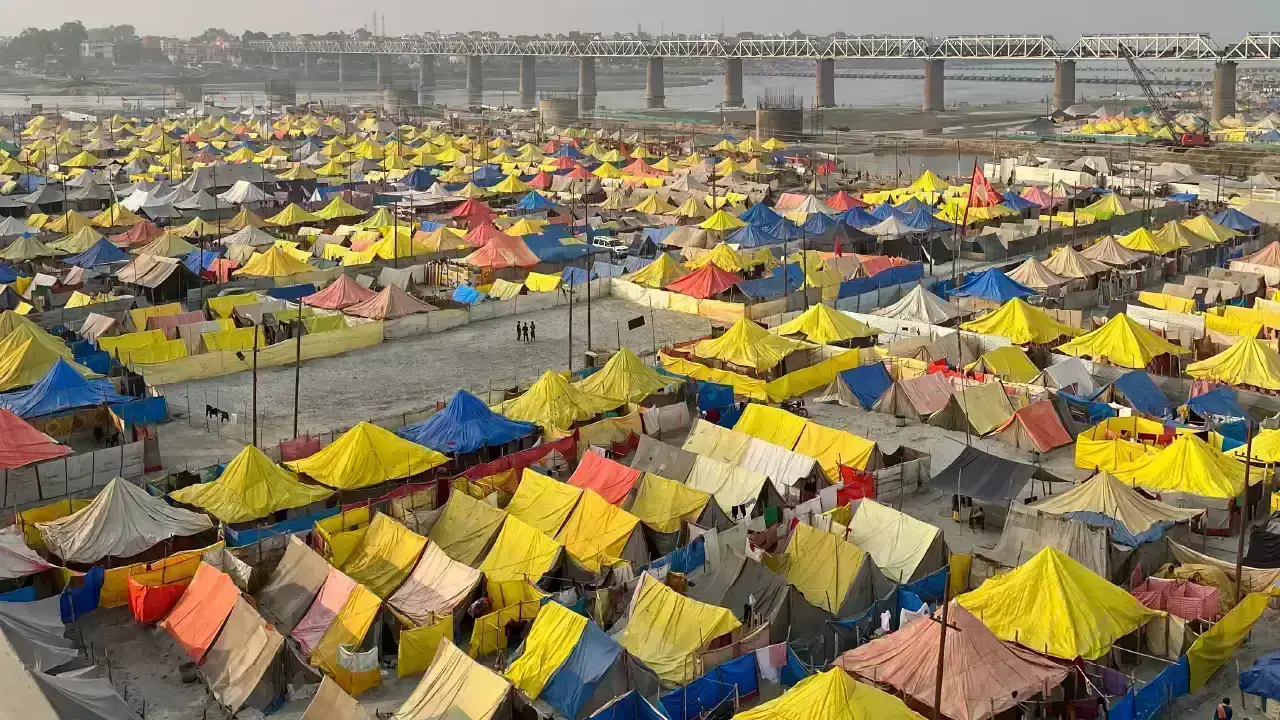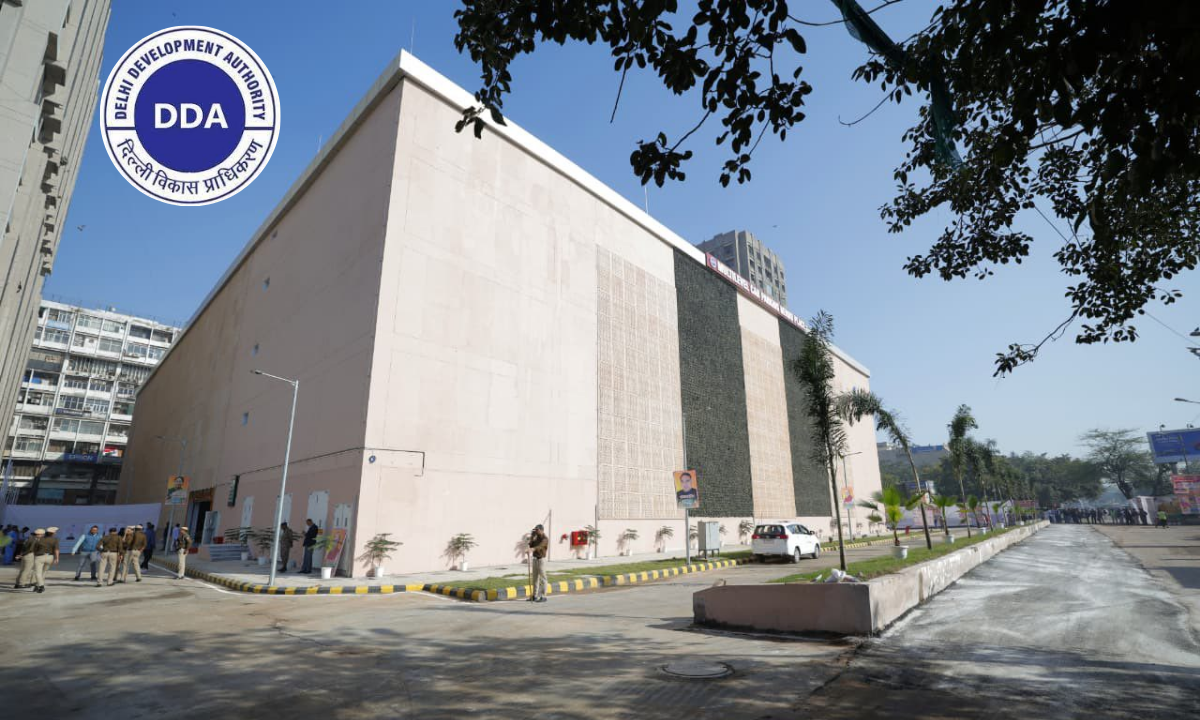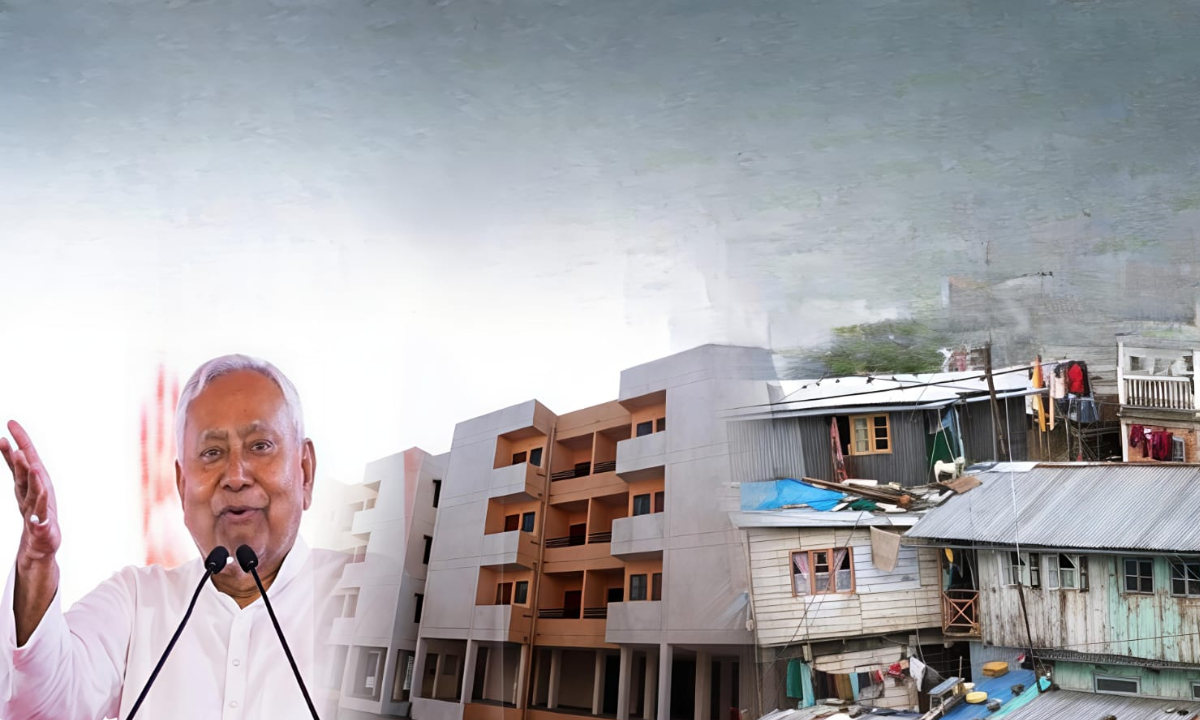India's real estate market saw an exceptional boost in equity investments in 2024, reaching $11.4 billion, a significant 54% increase compared to 2023. The growth was fueled by a mix of domestic developers, institutional investors, and global players, reflecting strong confidence in the sector’s potential.
Top Cities Driving Investments
Mumbai and Delhi-NCR emerged as the most preferred destinations for real estate investments, each accounting for approximately 25% of the total inflows. Bengaluru came in third with a 14% share, driven by its vibrant tech ecosystem and growing demand for office spaces. Chennai captured around 8% of investments, leveraging its industrial growth and residential developments. Hyderabad, known for its IT and logistics hubs, accounted for 6% of the inflows, solidifying its position as a growing investment hub.
Breakdown of Investments Across Sectors
Investments were spread across various asset classes, demonstrating the sector’s diversity and growth potential:
- Land and Development Sites: Topped the chart, attracting 39% of the total investments. The increasing focus on new projects and redevelopment opportunities fueled this demand.
- Office Spaces: Secured 32%, maintaining its position as a key driver of institutional and corporate investments.
- Retail Properties: Accounted for 9%, reflecting a revival in consumer spending and expansion by organized retail players.
- Residential Properties: Claimed an 8% share, driven by sustained demand for housing and the launch of new projects.
- Industrial & Logistics (I&L): Captured 6%, supported by the rapid expansion of e-commerce and supply chain infrastructure.
- Hotels and Other Segments: Contributed around 2% and over 4%, respectively, as travel and hospitality continued to recover post-pandemic.
Domestic and International Investment Trends
Domestic investors played a dominant role in 2024, contributing about 70% of the total equity investments, underscoring the strong confidence of Indian developers and institutions in the real estate market.
Foreign investors from countries like Singapore, the US, and Canada made significant contributions, together accounting for over 25% of the total investments. Their participation highlights India’s growing appeal as a global investment destination for real estate.
Who Invested? Key Stakeholders
- Developers: Led the way, capturing 44% of total inflows, using capital to fund ongoing and new projects.
- Institutional Investors: Contributed 36%, continuing their focus on stable and high-yielding assets.
- Corporations: Accounted for 11%, leveraging real estate as part of their growth strategies.
- REITs and Others: Represented 4% and 5%, respectively, with REITs gaining traction among investors seeking consistent returns.
According to Anshuman Magazine, Chairman and CEO of CBRE for India, South-East Asia, the Middle East, and Africa, the Indian real estate market is set to maintain its momentum in 2025. He highlighted that built-up office assets and residential development sites are likely to attract the majority of investments. Additionally, the rising focus on e-commerce and quick commerce is expected to drive robust growth in the logistics and warehousing sector, creating new opportunities for developers and investors alike.
Looking Ahead to 2025
Gaurav Kumar, Managing Director of Capital Markets and Land at CBRE India, outlined a positive outlook for the coming year. He emphasized that institutional investors and domestic developers would continue to play a pivotal role in driving investment activity. The demand for office spaces, residential projects, mixed-use developments, and industrial/logistics hubs is expected to remain strong.
Moreover, the retail and hospitality sectors are poised for a revival as consumer spending increases and businesses adapt to changing needs. Developers and investors are likely to explore new opportunities in these segments as the market diversifies and evolves.
With sustained momentum, strong domestic participation, and increasing global interest, the Indian real estate market is well-positioned for further growth and transformation in the years to come.









.png)